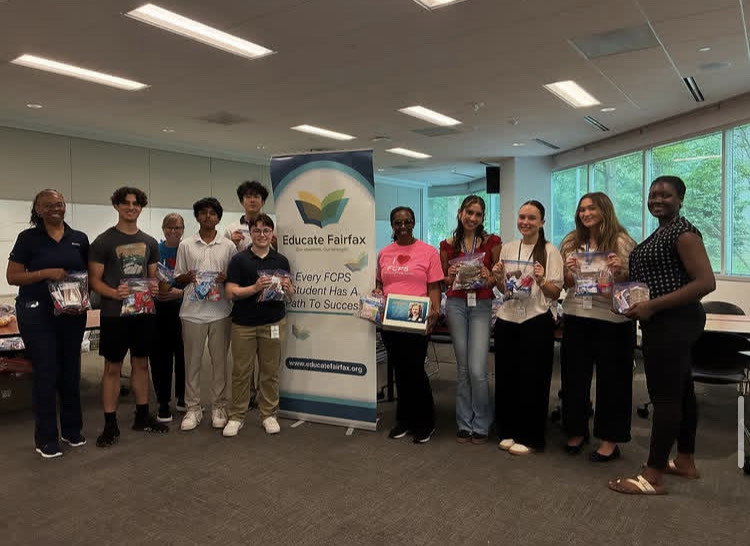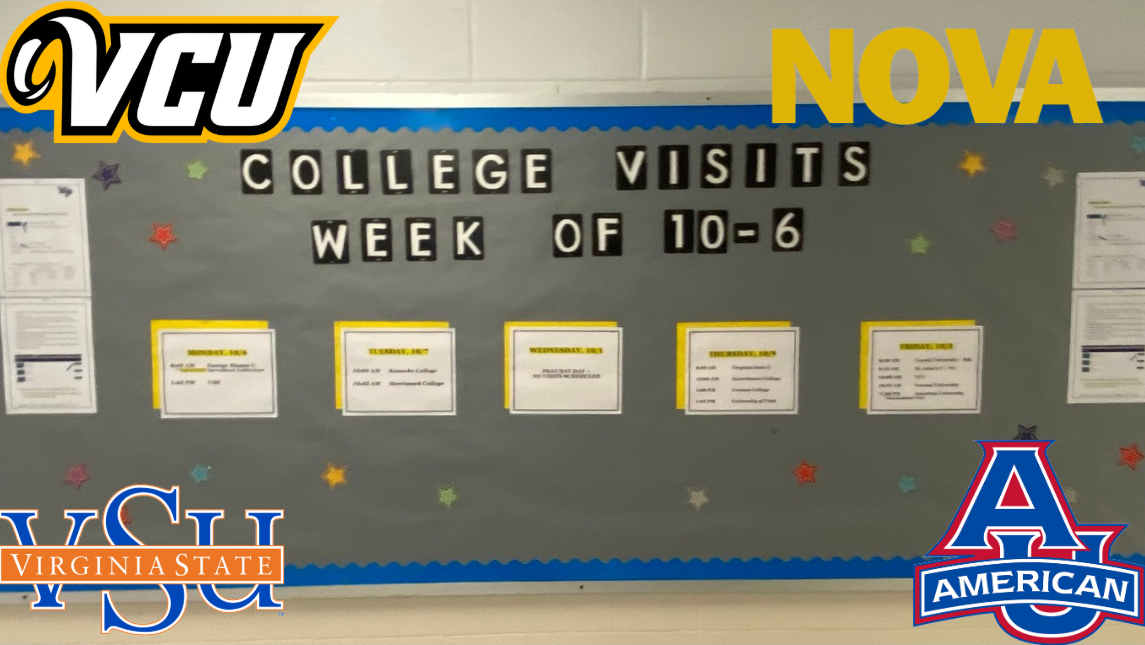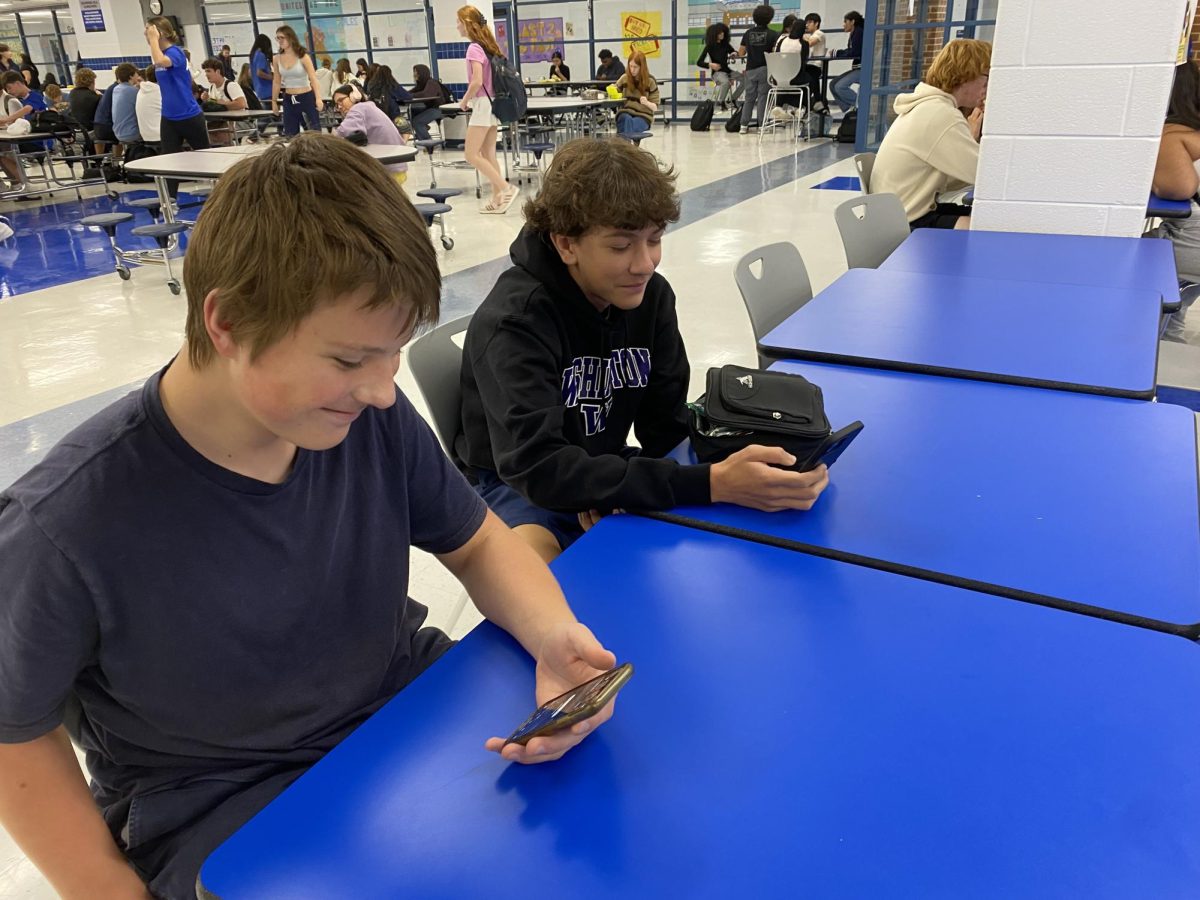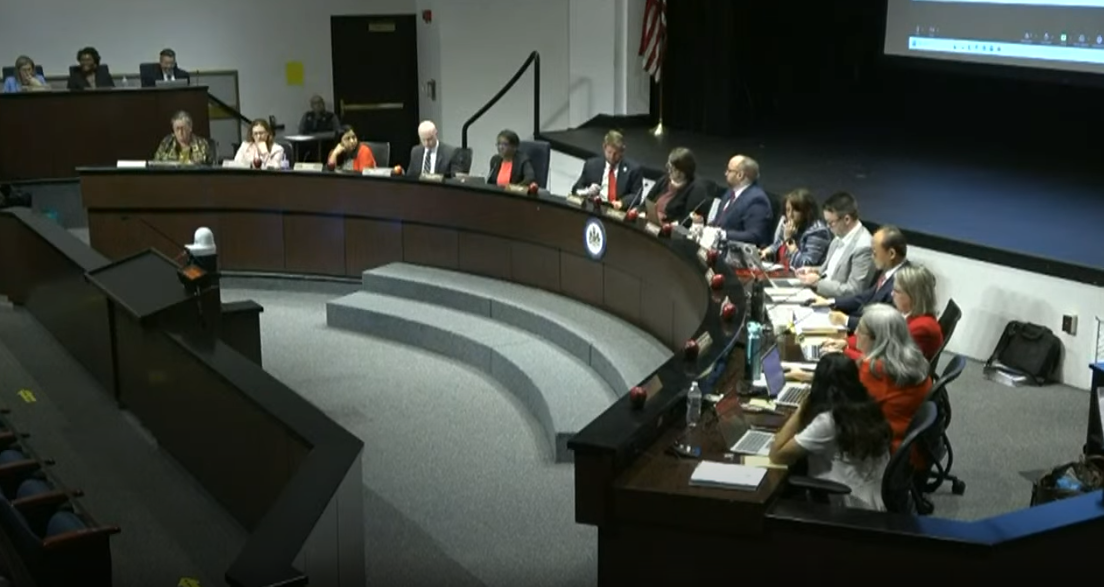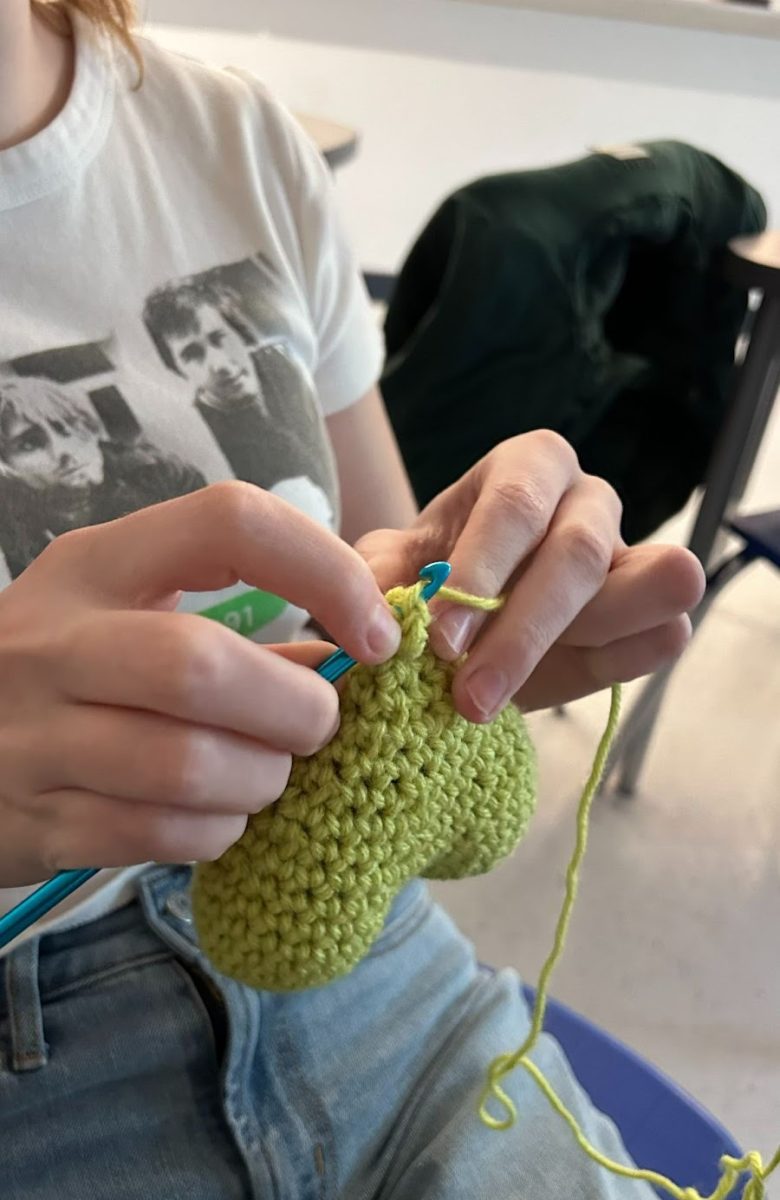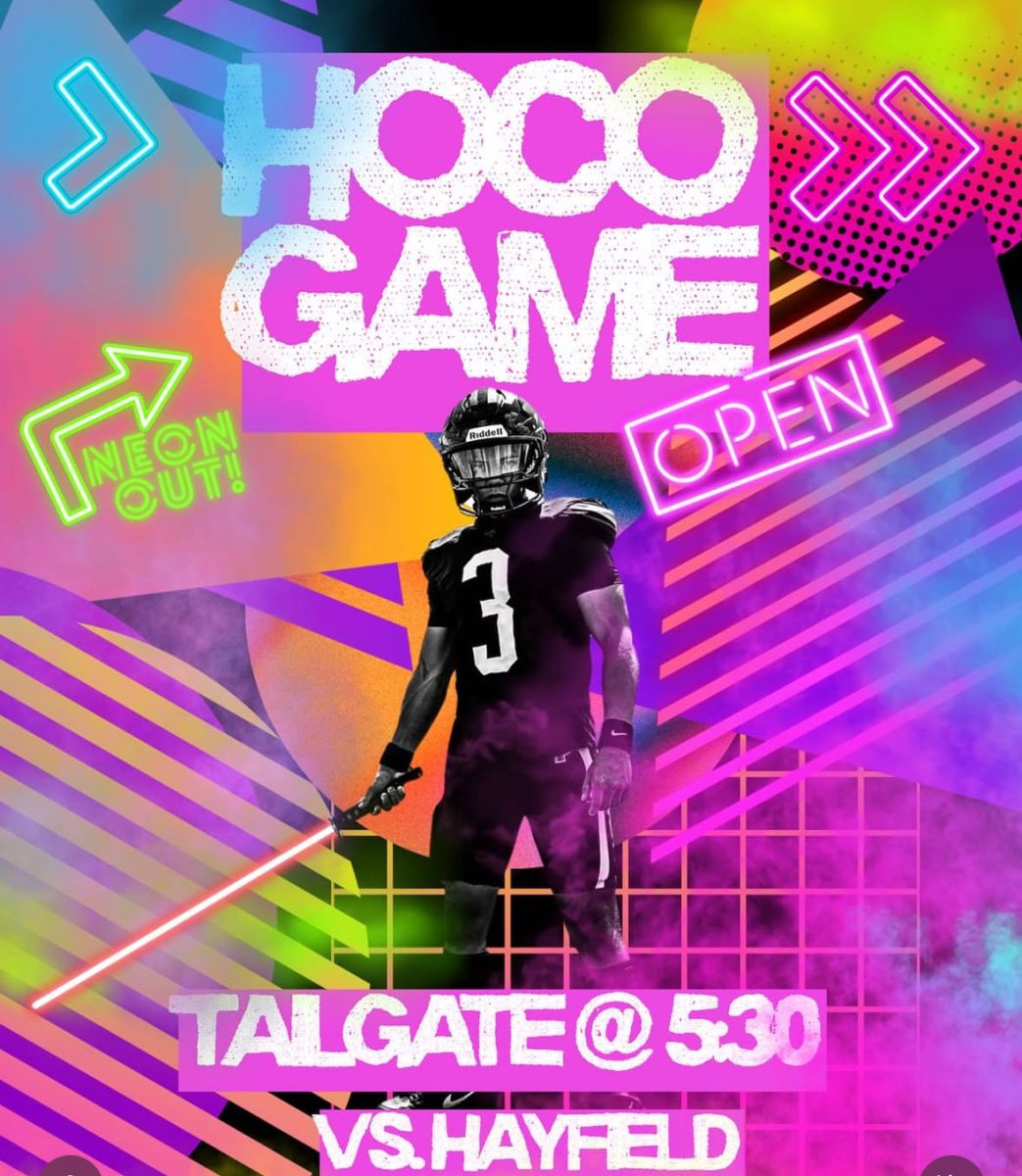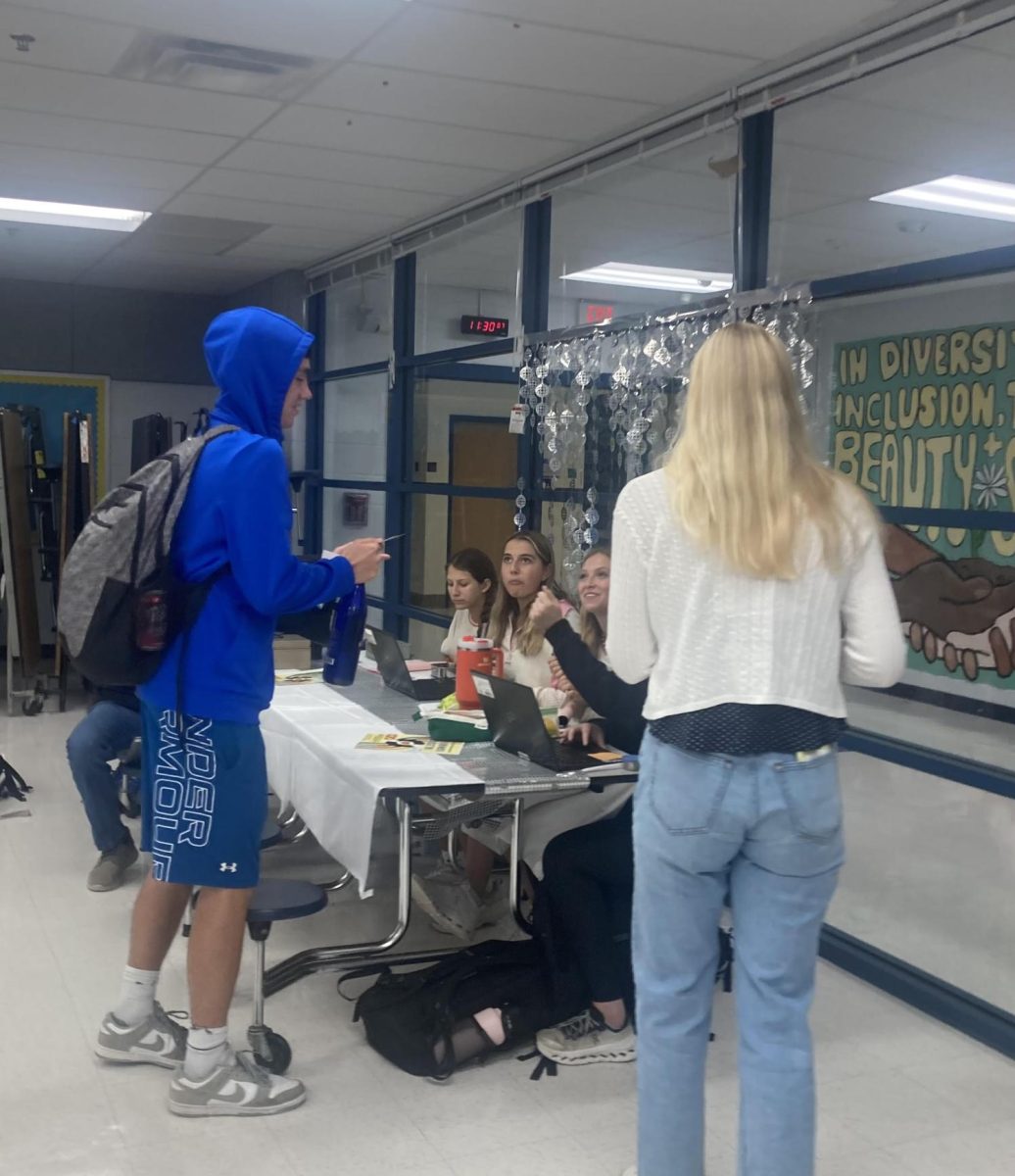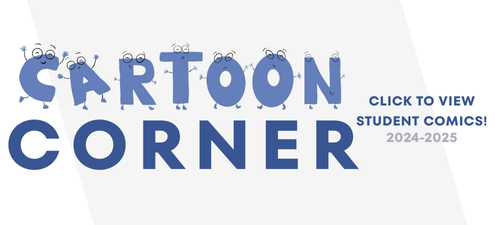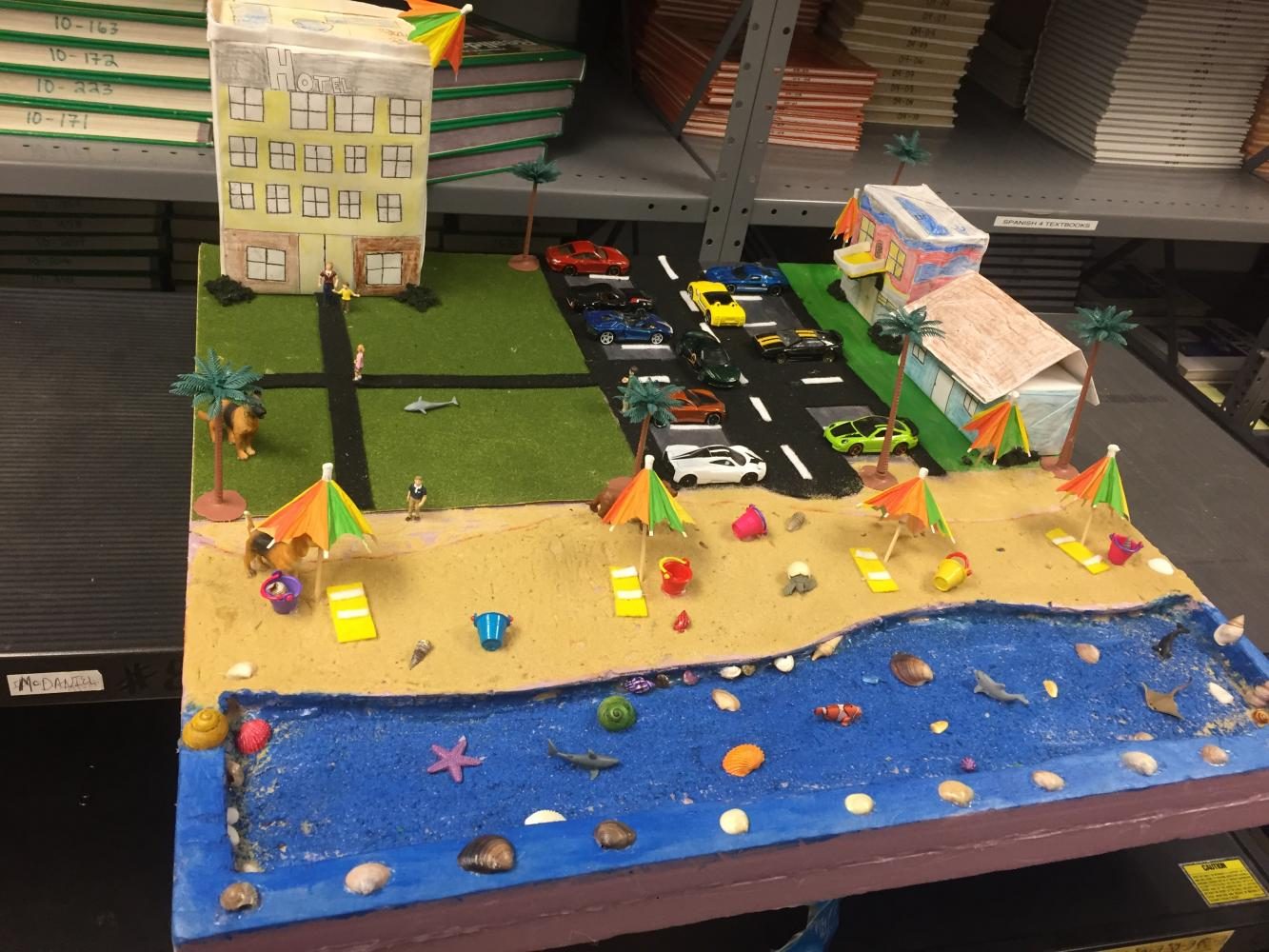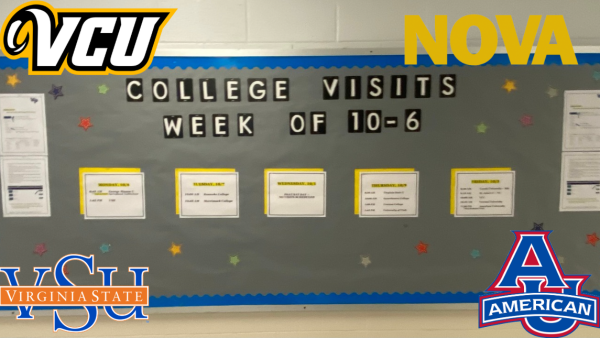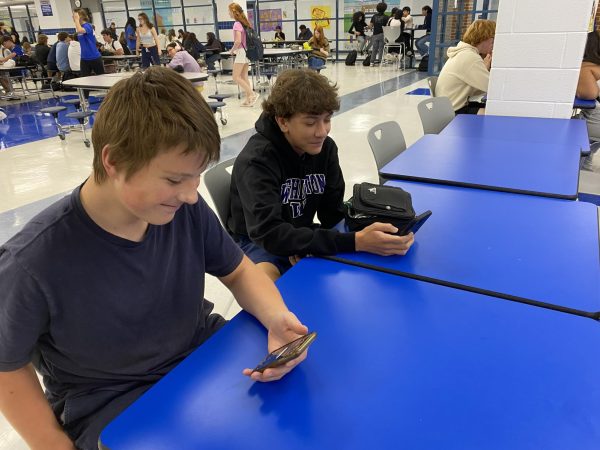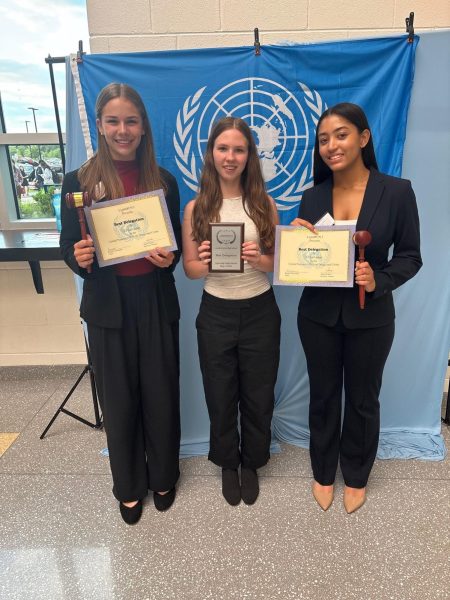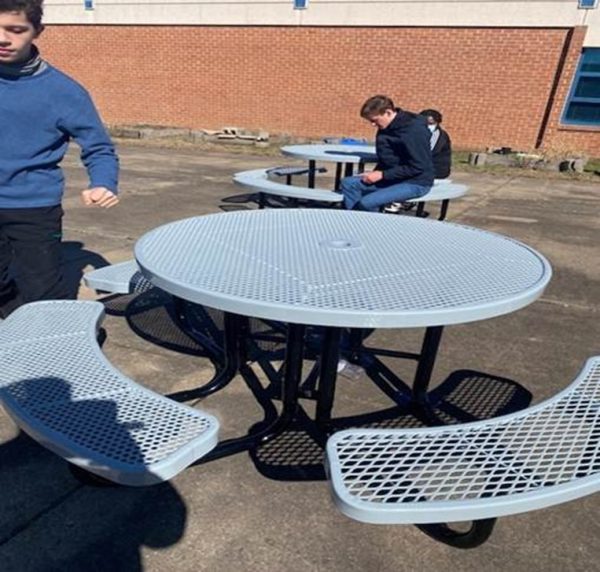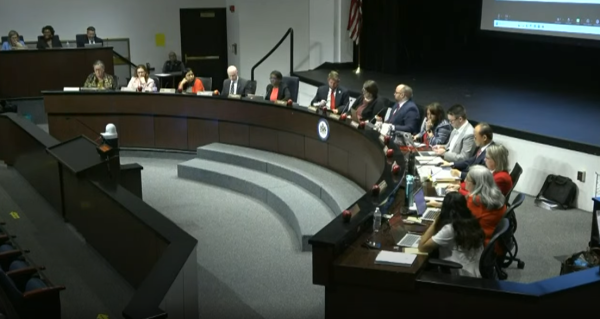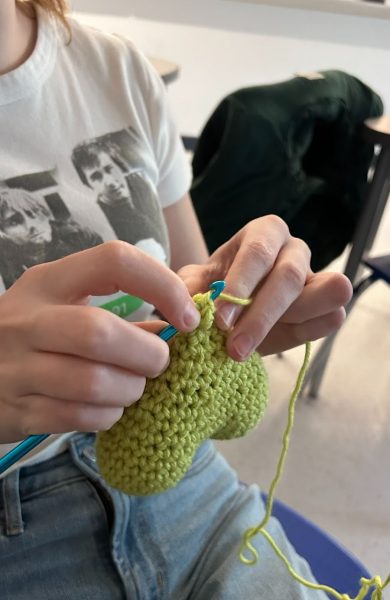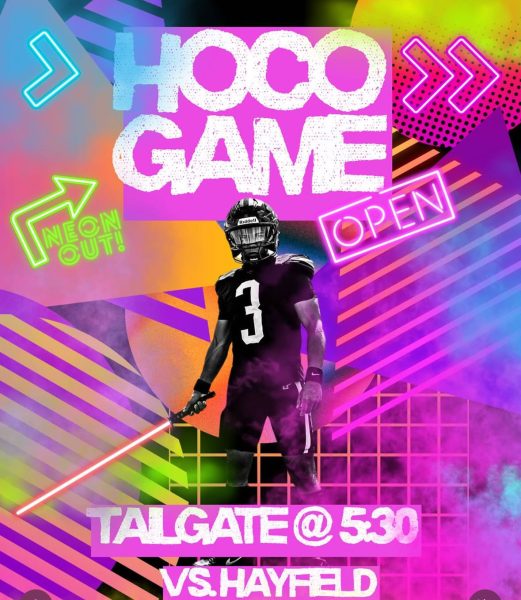Spanish Teacher Yamalie Colon Brings the Real World Into Her Classroom
With AP exams, finals, endless quizzes and general academic stress during fourth th quarter, school can feel stifling–but Spanish teacher Yamalie Colon manages to keep creativity alive in her classroom.
In her Spanish 3 for fluent speakers class, the students studied Chile and its environment by reading before being assigned a big project.
“The project itself is based on a poet and essay writer Gabriella Mistral,” Colon said. “Her take on the environment and the problems Chile has with deforestation and pollution is that you should live in the country and work in the city. That separation allows you to disconnect after work and have a peaceful life.”
This idea of an ideal community in which to work and live prompted a unique assignment.
“I came up with the Sim City project, where they need to decide if [Mistral’s idea] is the route they want to go or if it should be totally different,” Colon said. “They have the creativity to do whatever they want.”
Students assigned to think of what their perfect community would be, and either build it as a display, or create a blueprint of the city. There are few restraints, and students can create whatever location, architecture, and layout they choose.
“Someone decided to do the beach because the country doesn’t really give her peace, and I told her to go for it,” Colon said. “This is your ideal community.”
However, the project isn’t just artwork.
“At the end they have to write an essay on how these people are going to live and how this city is going to work, and they have to present to the class,” Colon said. “It’s fun to see what they come up with.”
Colon believes that the students really get something out of completing the project.
“The kids think about their own communities and how they can make it better, because they think about ‘Why did they put this here and not there, why are they cutting down all these trees…’” Colon said. “A lot of them are like ‘This is my ideal community, so maybe I need to make it happen, maybe I should move once I finish college…’ It’s like a real life experience.”
Colon can easily teach about problems with the environment in Chile because of her background as an intern at the Environmental Protection Agency in Washington, D.C.
“My goal in life when I was in high school was to be an environmentalist lawyer,” she said. “Obviously it didn’t work out that way, but I use what I learned from environmental justice in the classroom.”
In 1998, Colon moved to Virginia from Puerto Rico as a Presidential Scholar in the Presidential Classroom program. She uses this political and historical background in the classroom as well.
“When we study Cuba, I use my own knowledge of Cuban history. Puerto Rico and Cuba have very similar backgrounds, but for different reasons, they ended up in a different situation than we did,” she said. “I try to bring my own background, my own life, my own studies, into the classroom.”
Colon brings Spanish culture into every project she does, including the tile project, where the students paint a social problem they’re passionate about, and all of the painted tiles go in the stairwell.
“They’re looking into social concerns and finding solutions, and it’s through art, but they think about it,” she said. “It comes from muralism, which ties into Mexico, because that’s where muralism was very famous. Diego Rivera was one of the famous muralists, and his whole idea was to shape people in how he painted and change the political views. “
When Colon decided to get her masters in secondary education, she wasn’t sure which subject she wanted to teach, because she had a background in a few different areas. She decided that she wanted to work with fluent speakers.
“I’m Latino, and I felt like the hispanic students have this not-so-great reputation as troublemakers or this or that, and I wanted to change that,” she said. “I wanted to let the school and society know that Hispanos are not that way. Just like in any other culture, there’s the good and the bad. I wanted to make sure that my Latinos were being heard the right way.”
Colon, who is bilingual due to her Puerto-Rican upbringing and English schooling, is passionate about everyone having bilingual abilities.
“You’re two people when you’re asking for a job, and they say, ‘Oh, you speak Spanish?’ That’s an added bonus,” Colon said. “It doesn’t matter what career you’re in–you’re going to use Spanish.”
Despite being a relatively new teacher at West Potomac, Colon has dived into her teaching opportunities. She has a fresh view on education, intent on interweaving a variety of subjects and always connecting to the real world
“I look at what I need to teach, and then from there, I think about how to tie it to real life experience,” Colon said. “That’s my whole purpose: that the kids are learning what they need to learn in the curriculum and the POS (Program of Studies), but that they can actually link it to something happening in their own environment.”
I joined journalism my junior year because I loved writing and wanted to learn its other forms. This year, I'm the co-Editor-in-Chief, and I'm excited...



